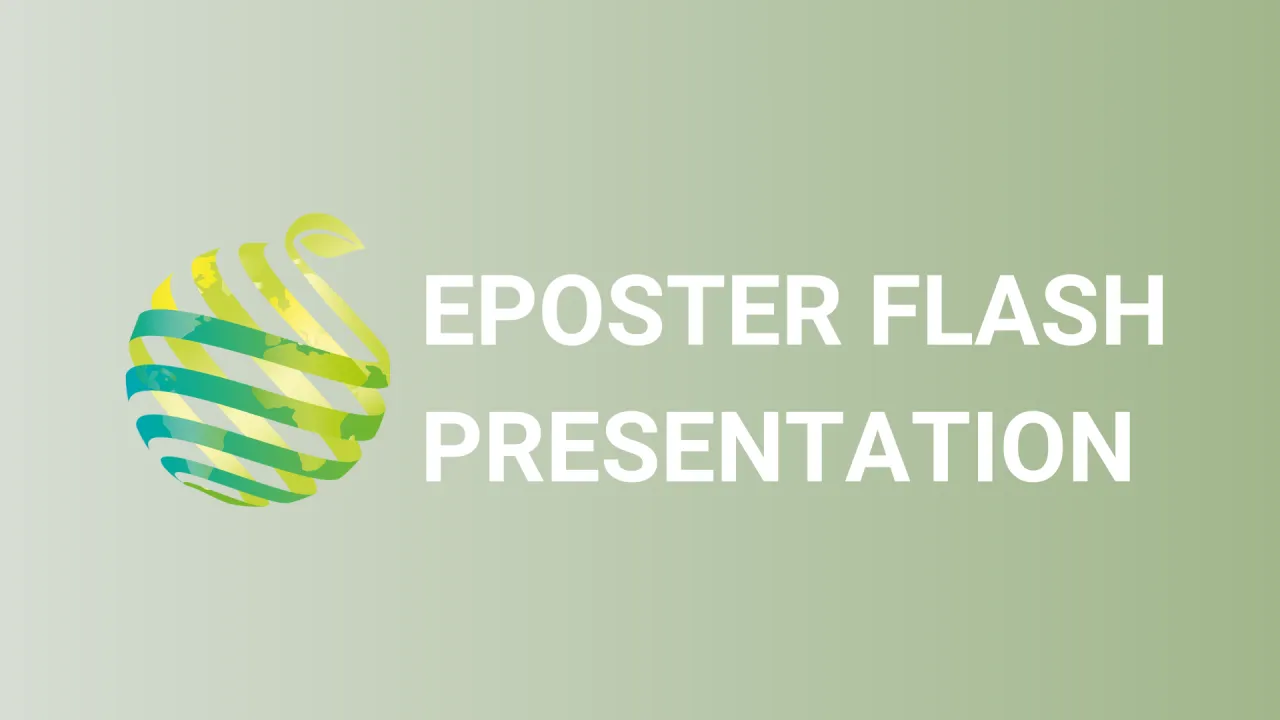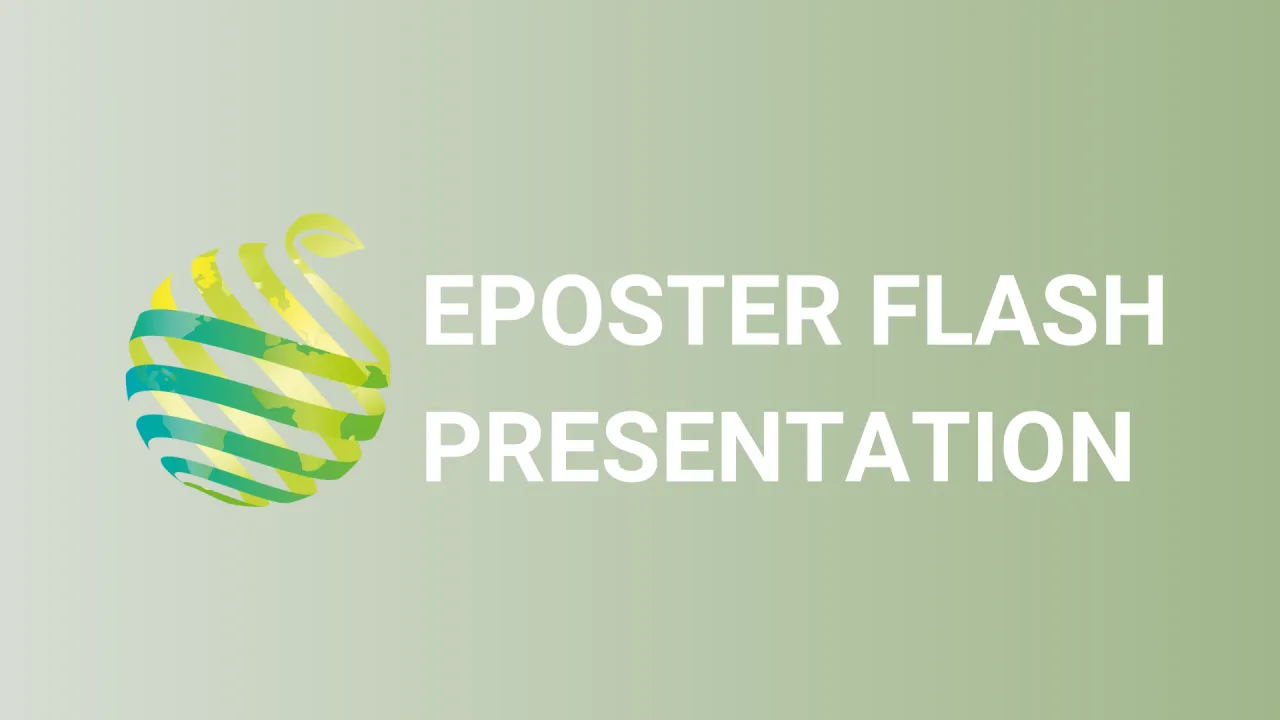

S14 - Session P5 - Detection of plant viruses with high-throughput sequencing and in vitro elimination of detected viruses in Dioscorea spp
Information
Authors: Elien Guldentops *, Anita Mihaylova, Yoika Foucart, Hajer Ben Ghozlen, Kris De Jonghe, Stefaan P.O. Werbrouck, Juan José Silva Pupa
Yam ( Dioscorea spp.) is an important staple food in many developing countries, especially in sub-Saharan Africa and the Caribbean. The yam crop suffers from yield reduction and economic losses due to several virus infections. The crop is vegetatively propagated which allows the viruses to accumulate. To avoid these unnecessary yield losses, virus-free starting material is very important. In this study, high-throughput sequencing (HTS) was used to determine the complete virome of two Cuban yam cultivars: Dioscorea alata 'Belep' and Dioscorea cayenensis subsp. rotundata 'Blanco de Guinea'. Total RNA was extracted from leaf samples and pooled for Illumina sequencing. The results were analysed using an in house standardized bioinformatics pipeline followed by automated virus discovery using the VirusDetect pipeline (http://virusdetect.feilab.net) performing a blast search on the non rRNA reads. In total, 7 different viruses were detected with HTS in the pooled sample, all confirmed by specific PCR methods: Yam mild mosaic virus (YMMV), yam yellow spot mosaic virus (YYSMV), dioscorea bacilliform virus (DBV), potato yellowing virus (PYV), yam chlorotic necrosis virus (YCNV), yam virus Y (YVY) and dioscorea virus A (DVA). To eliminate these detected viruses, the plants were placed in a growth chamber at 36+-1°C for 4 weeks. This thermotherapy was followed by isolation of the meristem tips. The surviving plantlets from the meristem cultures were analysed again by PCR for the presence of viruses. After one round of thermotherapy, two viruses that infected 'Belep' could be eliminated: yam mild mosaic virus (YMMV) and yam chlorotic necrosis virus (YCNV). In the future, meristem top culture combined with thermotherapy efforts will be repeated to eliminate the remaining viruses. In addition, other therapies for virus elimination such as cryotherapy and chemotherapy will also be explored.